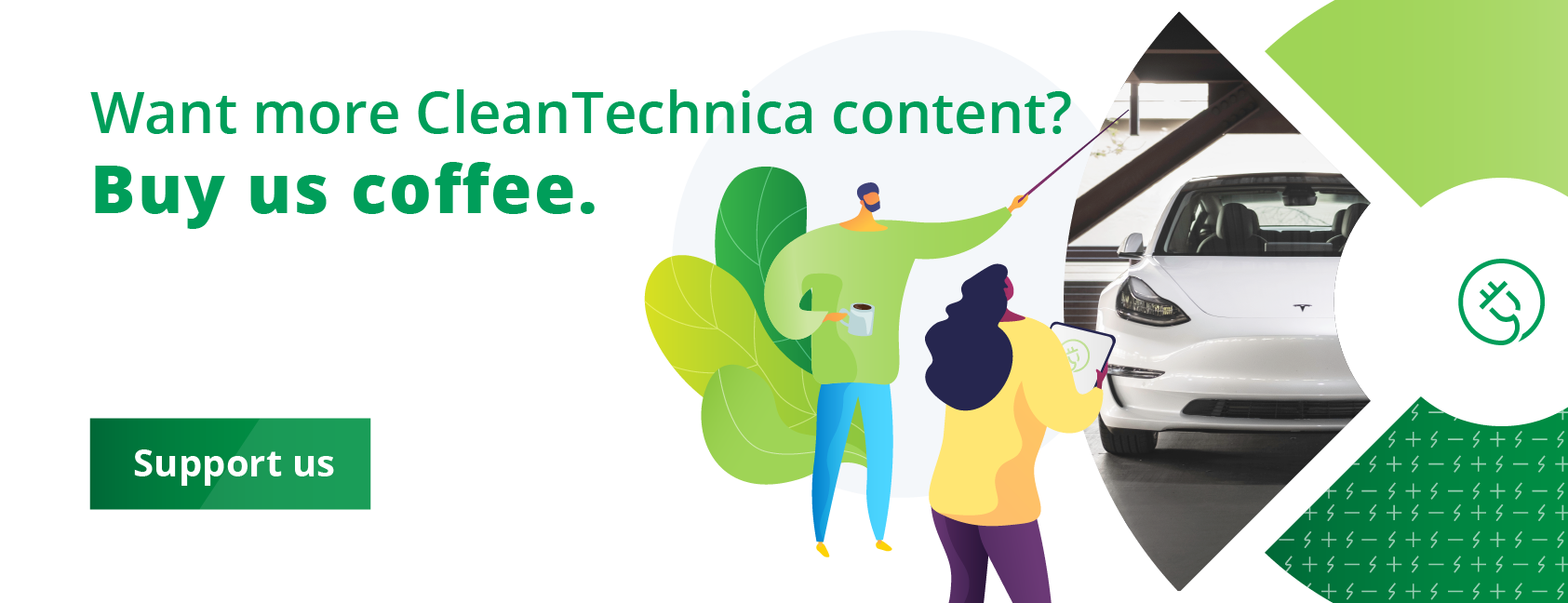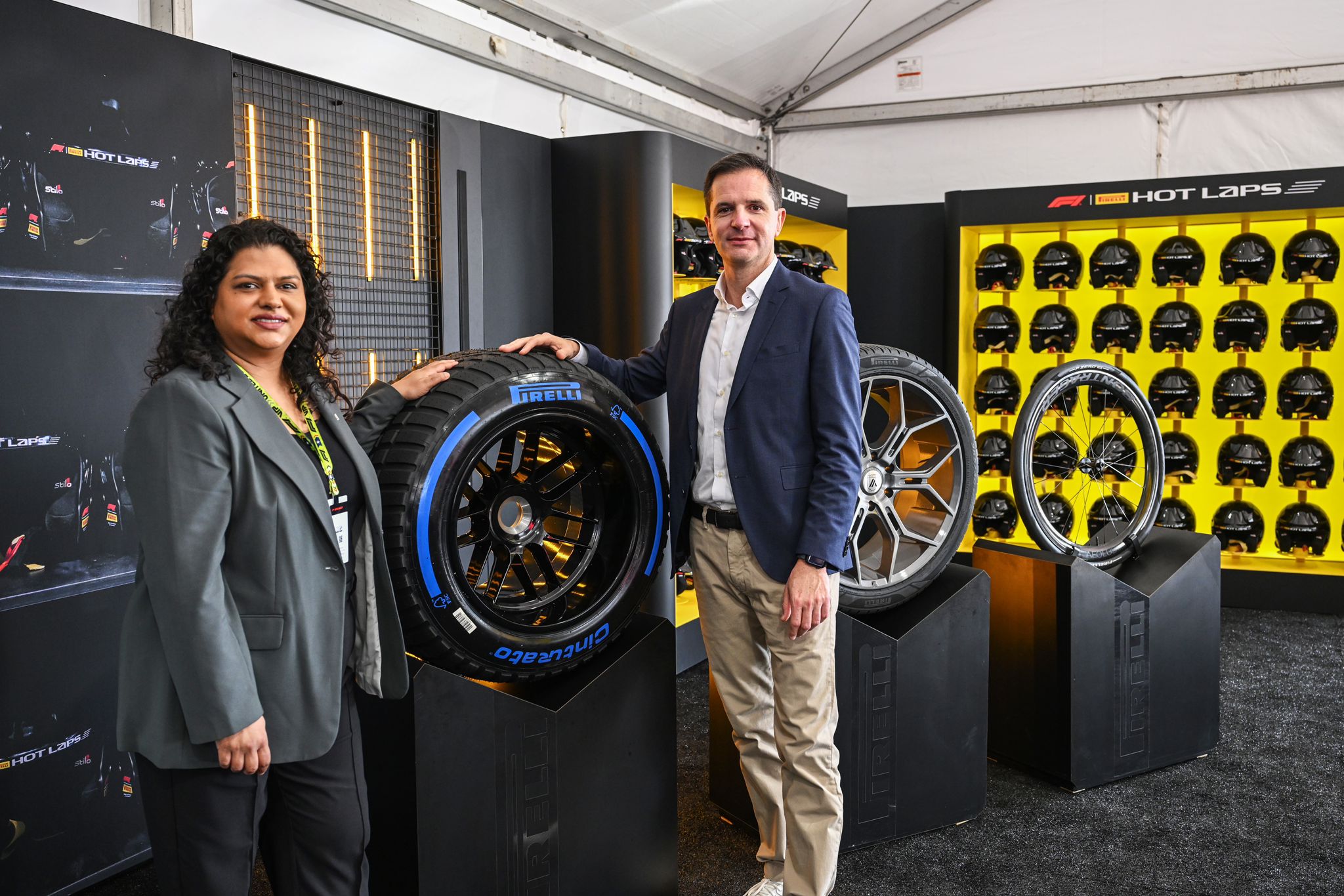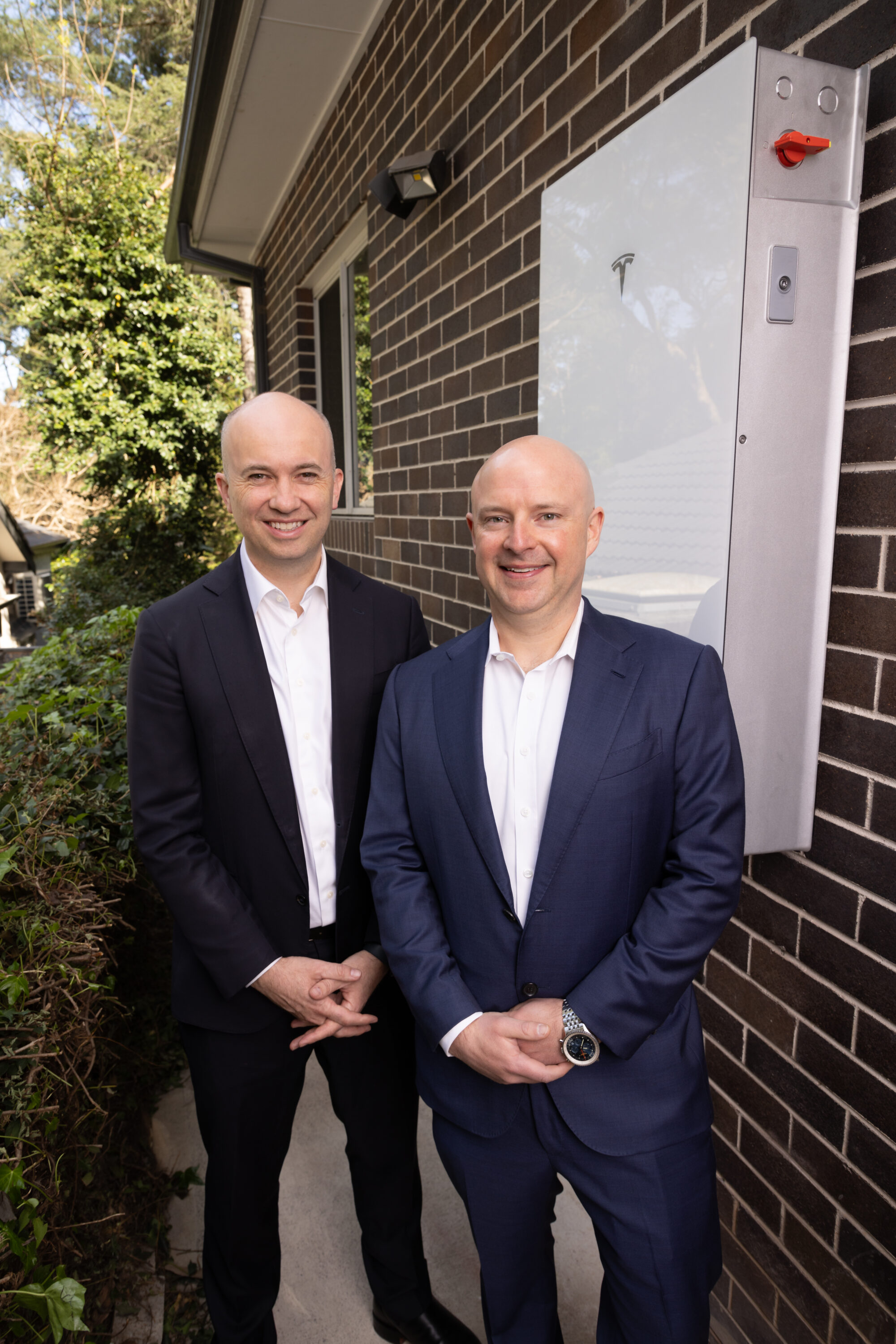
A lot of exciting things are happening in the electric mobility space in Rwanda. First there is Ampersand, one of the pioneers and leaders of the electric motorcycle sector in Africa. Ampersand has recently celebrated the deployment of its 1,000th electric motorcycle. There is also Rwanda Electric Motors. In the electric car space, KABISA wants to disrupt the auto sector by providing a complete electric vehicle ecosystem. KABISA’s mission is to increase access to green, safe, and efficient transportation. To achieve this, KABISA is not just selling and leasing electric vehicles, but also setting up a public charging network, and opening an electric vehicle maintenance garage in Kigali.
Additional services include:
- Online car ordering & local test drives
- Accessible financing options (lease-to-own & P2P rental models)
- Insurance and other add-on features
- In-house maintenance, retail of spare parts, and a subscription roadside assistance service
- Business fleet management
- Build-out and operation of public charging network
- Installation and operation of home chargers and business chargers
Rwanda is one of the countries in Africa that has led the way in introducing incentives to catalyze the adoption of electric vehicles. Here is a summary of these incentives:
Fiscal Incentives:
- Electricity tariffs for charging stations to be capped at the industrial tariff. This means that charge point operators will be billed at close to USD 10 cents/kWh instead of close to 20 cents/kWh, for example.
- Electric vehicles, spare parts, batteries, and charging station equipment will all be exempted from import and excise duties. All of these would also be treated as zero-rated VAT products and will also be exempt from withholding tax.
Non-Fiscal Incentives:
- Rent-free land for charging stations on land owned by the government
- Provisions for EV charging stations in the building code and city planning rules
- Green license plate to allow preferential parking for EVs and free entry into any future congestion zones
- Access to dedicated bus lanes
- Provide preference to electric vehicle for government hired vehicles
- Regulate the importation of used vehicles by imposing an age limit
- Establish restricted zones where only green vehicles can have access
- Enforcement of existing emission standards to discourage the purchase of polluting vehicles
These incentives are encouraging investment into the country’s electric mobility sector. The latest exciting development is the recent announcement that the Government of Rwanda has signed an agreement with Vivo Energy and the Rwanda Social Security Board (RSSB) for the supply of over 200 electric buses in Kigali. In partnership with the Rwanda Development Board (RDB), Ministry of Infrastructure, and City of Kigali, Vivo Energy Rwanda and RSSB will procure the buses and build a charging and maintenance depot.
The agreement follows the completion of a feasibility study by Vivo Energy, in conjunction with the Ministry of Infrastructure and the City of Kigali, on the electrification of the public bus fleet in Kigali. The parties will now work towards the implementation of the project.
Speaking at the signing, Clare Akamanzi, Chief Executive Officer, Rwanda Development Board said: “It’s always a good thing when you have an investor that’s already doing business in Rwanda and wants to do more. It’s a vote of confidence in the country and the environment. We very much welcome this partnership, which will improve our public transport as Kigali is a fast-growing city. We are committed to making this happen.”
On his part, Hans Paulsen, Executive Vice President East & Southern Africa, Vivo Energy, said: “Rwanda has ambitious green development goals that will support the country to counter the effects of climate change on people and the economy. With our partners, we are delighted to be supporting the Government of Rwanda to help Kigali achieve its low-carbon goals and progress its electromobility plans.
“The introduction of electric buses in Kigali will not only contribute to the development of sustainable transportation but also serve as an exemplary initiative for other cities in Africa to follow.”

Paulsen also thanked the Government of Rwanda for creating a conducive investment environment and went on to thank all the teams who have worked tirelessly to get to this milestone.
Pudence Rubingisa, Lord Mayor, City of Kigali, said: “We are truly committed to the success of this project as it will ease public transport in Kigali. Everything that’s required for the seamless delivery and introduction of the electric buses will be in place in the coming months.”
Regis Rugemanshuro, Chief Executive Officer, Rwanda Social Security Board, said: “We are pleased with this partnership to invest in electric buses to improve public transport while prioritising sustainability. Together, we’re committed to enabling a greener future, and ensuring efficient and eco-friendly mobility for all.”
I really like seeing these kinds of projects, as electrifying mass transit presents one the best opportunities to provide access to cleaner transport for the majority. For countries such as Rwanda that import essentially all of their petrol and diesel, switching to electric also helps to reduce import bills and will do so while cleaning up the air at the same time. I look forward to seeing this project progress.
Image courtesy Vivo Energy
I don’t like paywalls. You don’t like paywalls. Who likes paywalls? Here at CleanTechnica, we implemented a limited paywall for a while, but it always felt wrong — and it was always tough to decide what we should put behind there. In theory, your most exclusive and best content goes behind a paywall. But then fewer people read it! We just don’t like paywalls, and so we’ve decided to ditch ours. Unfortunately, the media business is still a tough, cut-throat business with tiny margins. It’s a never-ending Olympic challenge to stay above water or even perhaps — gasp — grow. So …




